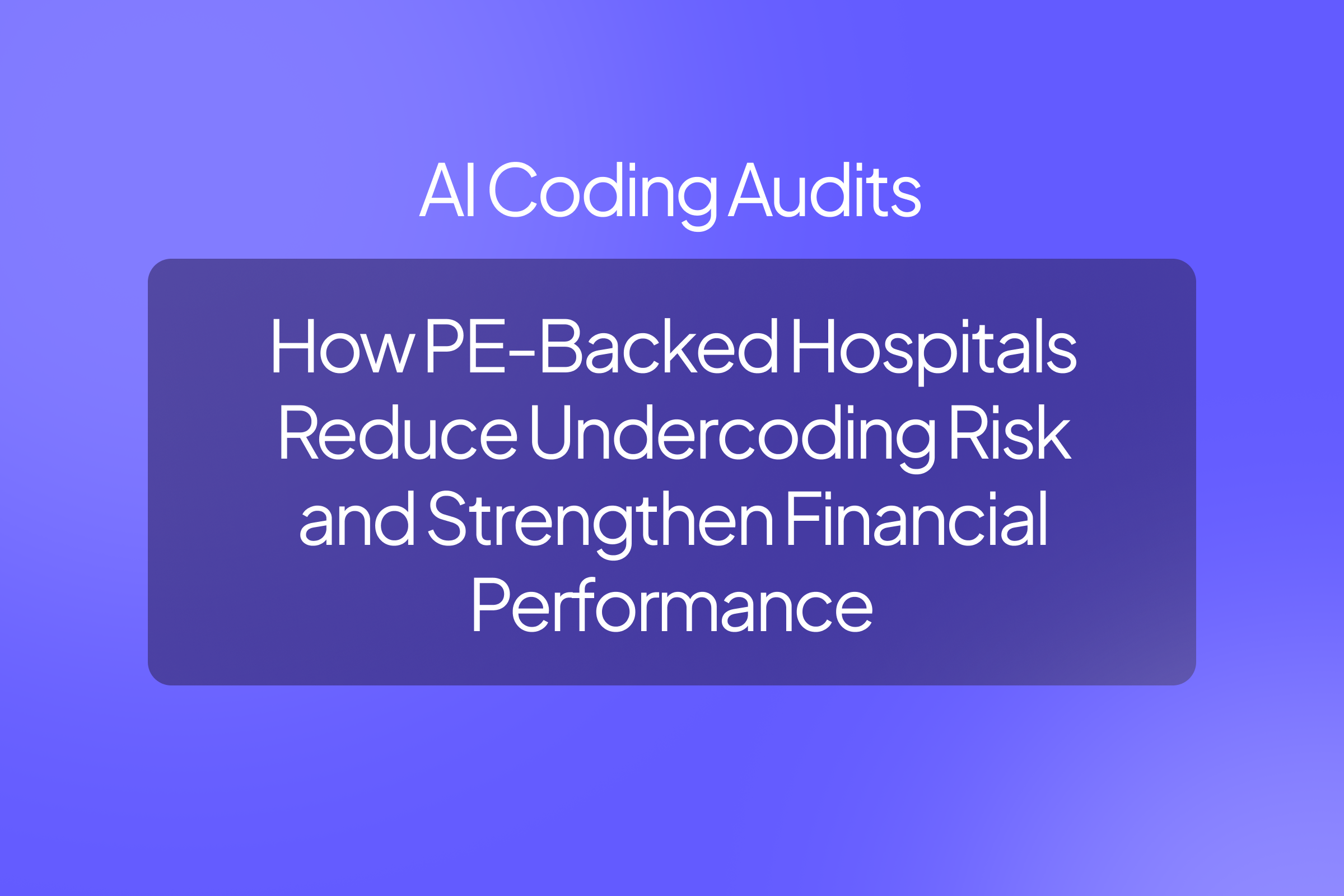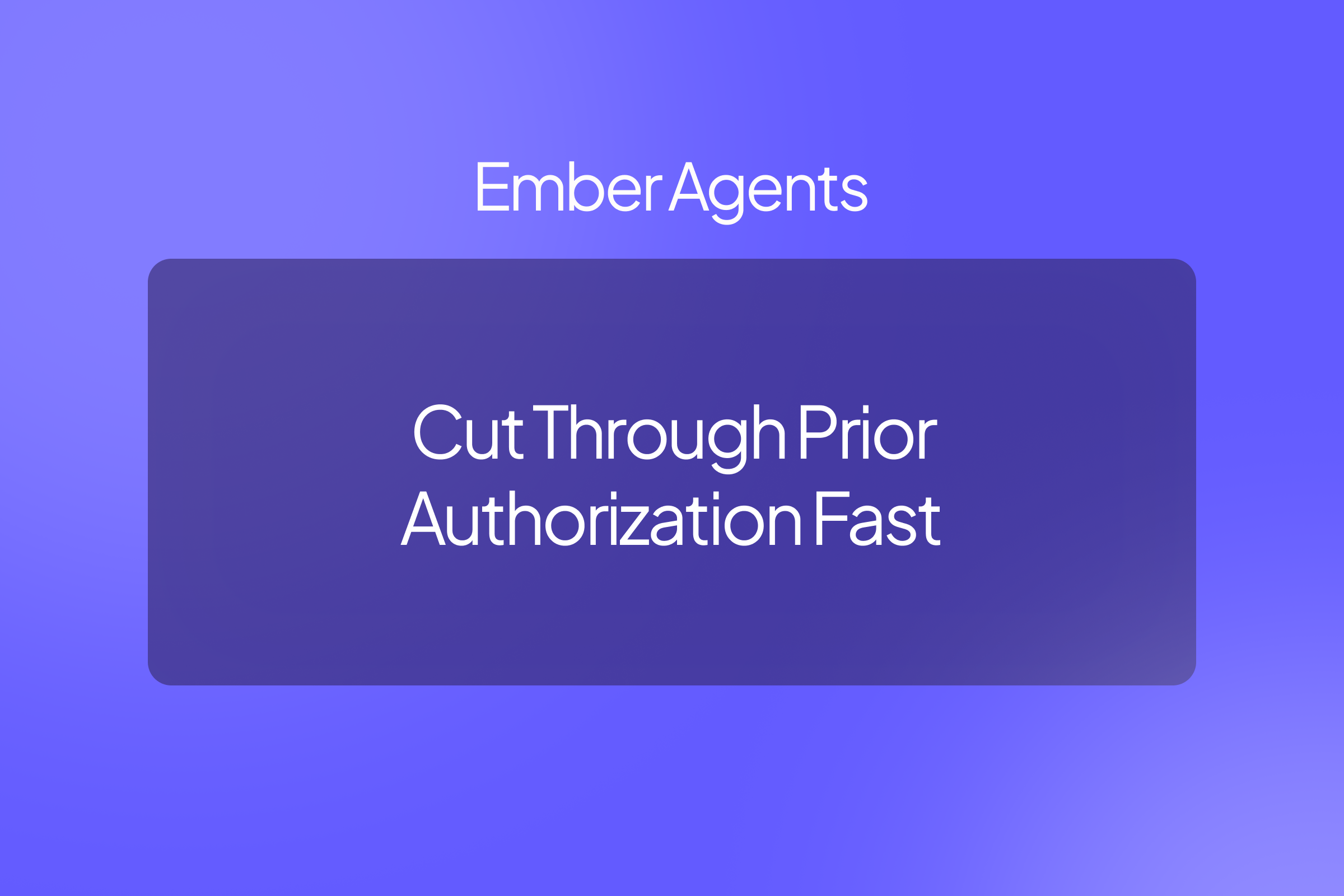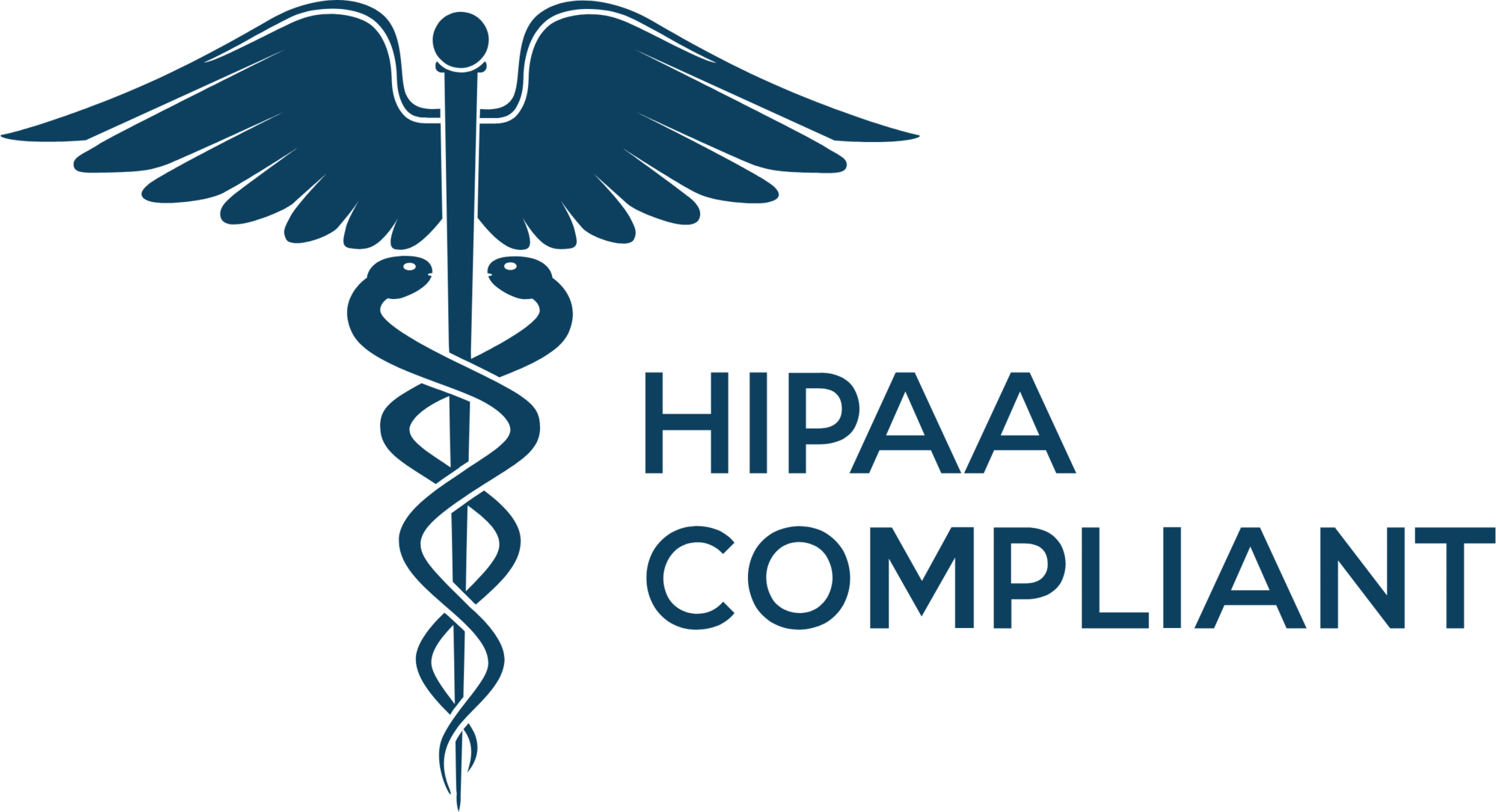
Why Accurate Medical Coding Matters and How Ember AI Delivers
1. What is medical coding, anyway?
Every time a clinician treats a patient, someone has to translate that visit into a short set of numeric “procedure” and “diagnosis” codes so the practice can get paid. If those codes are wrong, insurers reject the claim or under-pay it. Hospitals and clinics typically lose 3–5 % of their revenue to simple coding mistakes — money that could be going toward better staffing, new equipment, or lower patient bills.
2. How good is Ember AI?
Think of Ember AI as a super-focused autopilot for billing:
By comparison, certified human coders average about 84% and 73%, and well-known general-purpose AIs still struggle, often scoring below 60 % on the same tasks. A New England Journal of Medicine AI study summed it up bluntly: “Large language models are poor medical coders.”
3. Why should you trust those numbers?
- Big, fair sample. We re-code 10,000+ real patient charts in each specialty, chosen at random so there’s no cherry-picking.
- Outside experts. Independent auditors with at least five years’ experience do the scoring — and they can’t see Ember’s answers while they work.
- Double-checks for tricky cases. If two auditors disagree, a third steps in so our “ground truth” isn’t just one person’s opinion.
- Audit scores for the auditors. Their agreement rate stays above 96 %, which is well beyond typical industry targets.
- Fresh data, all the time. We add new charts every quarter so the benchmark keeps up with rule changes.
4. The takeaway
- Coding errors quietly drain billions from healthcare every year.
- Generic AI can help, but on its own it’s not accurate enough for money-on-the-line billing.
- Ember already outperforms seasoned human coders and keeps learning every week.
If you manage a clinic, hospital, or billing service and want to see how Ember AI performs on your charts, let us know — we’ll run a no-cost, blind test and hand you the full report.
Lynn Hsing is a recognized leader in healthcare marketing. Having worked closely with health systems and providers, Lynn brings a nuanced understanding of the challenges they face — from administrative burden and claim denials to reimbursement delays and staff shortages. This firsthand insight has shaped Lynn’s ability to translate complex AI solutions into meaningful value for healthcare organizations.








